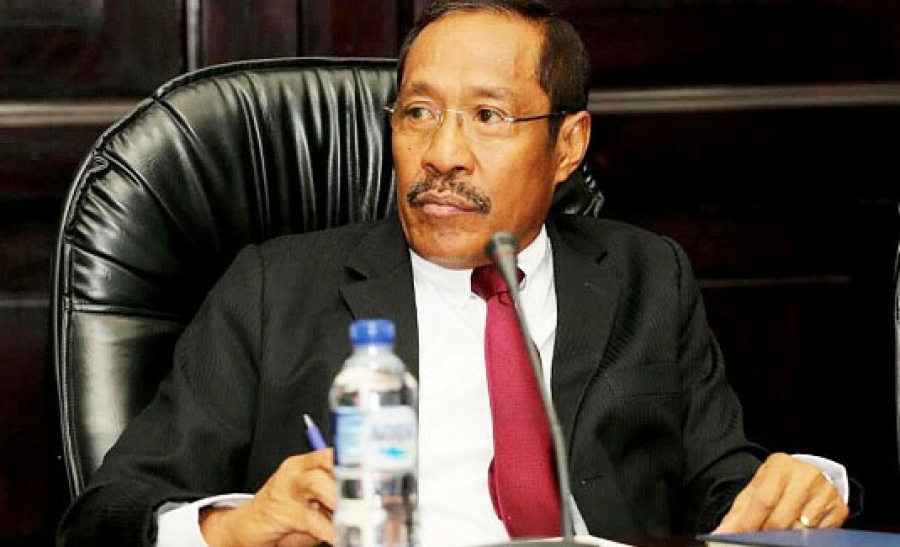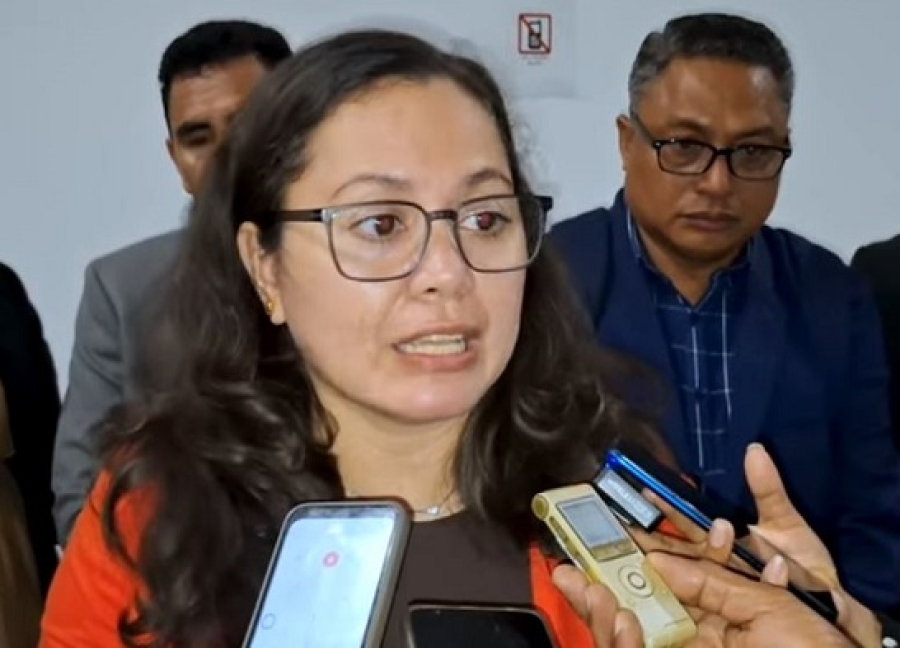Paixão told Timor-Leste’s national news agency Tatoli, that the pair discussed training for members of the National Police of Timor-Leste (PNTL), the Maritime Police Unit (UPM) the F-FDTL Naval Force to strengthen the country’s borders.
Paixão said it was important to gain a “deeper understanding” of the way terrorists finance their activities.
“Today, terrorists influence not just the Middle East, but Europe, Indonesia and [they] will arrive in our country. This is why the international community should work together to create a strategy to prevent terrorism,” said the Minister.
“We all know that terrorism is a violent activity that radicalised groups use to create instability and to achieve their political goals and ideology. We will not allow the potential radicalization of our young people. We will not let this happen,” he said.
Paixão said four priorities for development were discussed: – Training for PNTL and F-FDTL members to “professionalise” and “modernise” the forces; – Administrative management training for civil servants at the Ministries of Interior and Defence; – enhancing women’s participation, protecting vulnerable people as well as combatting martial arts groups (MAGS); – and strengthening the Timor’s intelligence services, criminal investigation and justice to better detect and prevent the illegal entry of goods, human trafficking and money laundering.
“In addition to this, because they are a maritime force, both [agreed] to conduct war exercises and to patrol together in the future,” the minister said.
The Minister said he was “deeply grateful” for the support, and said the two nations would now work on a Memorandum of Understanding to formalise the agreement.
Paixão said the training was also an important step in preparing Timor-Leste forces to join peacekeeping missions with the United Nations (UN).







